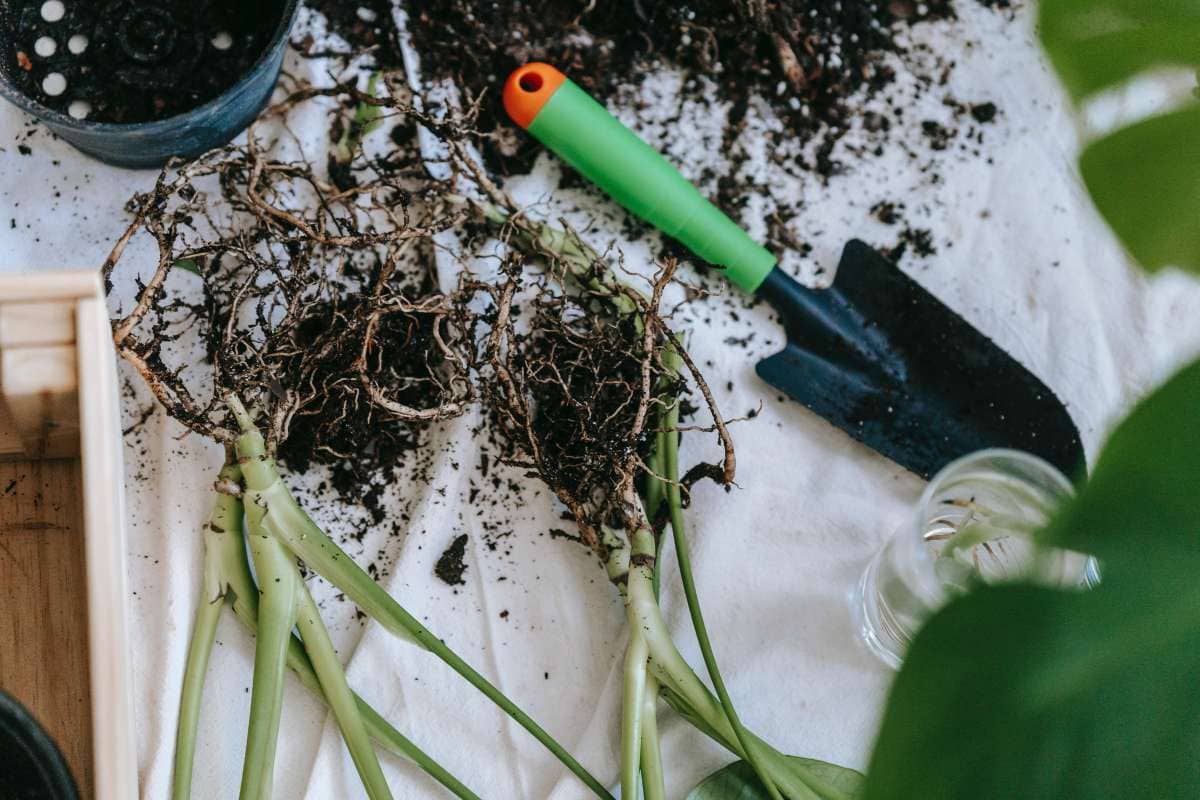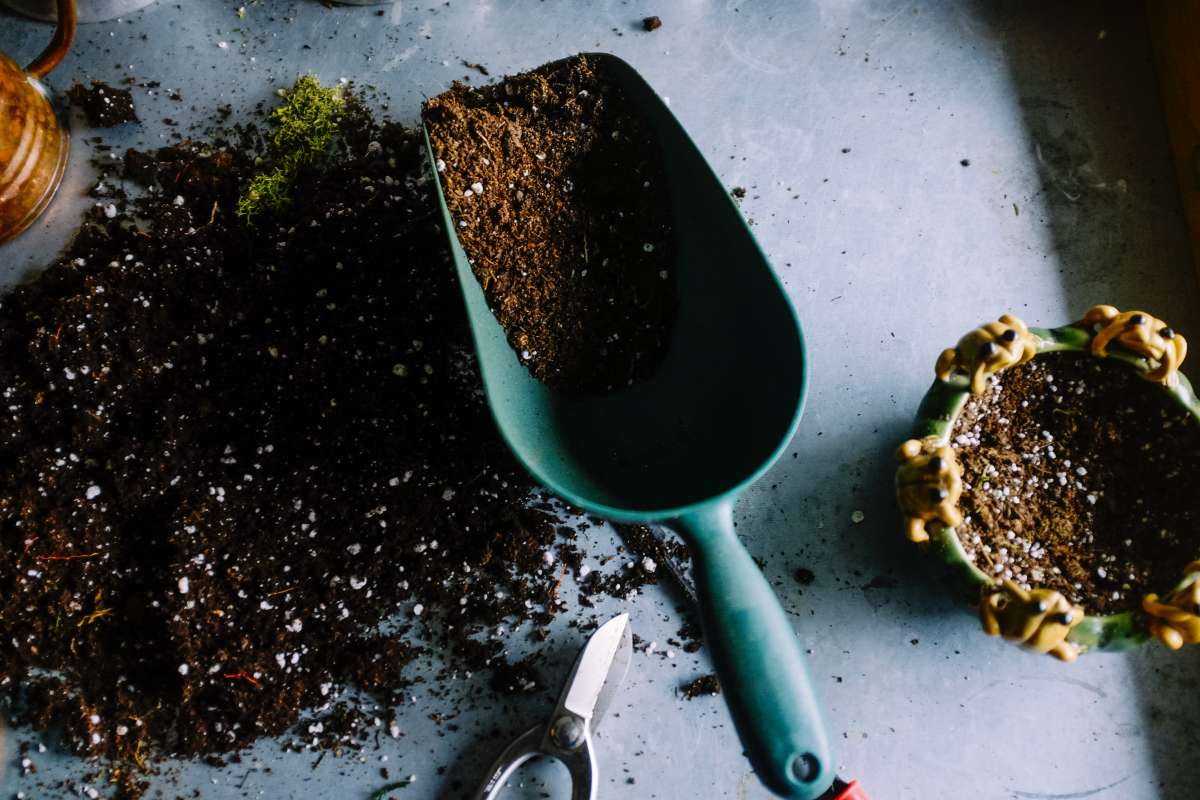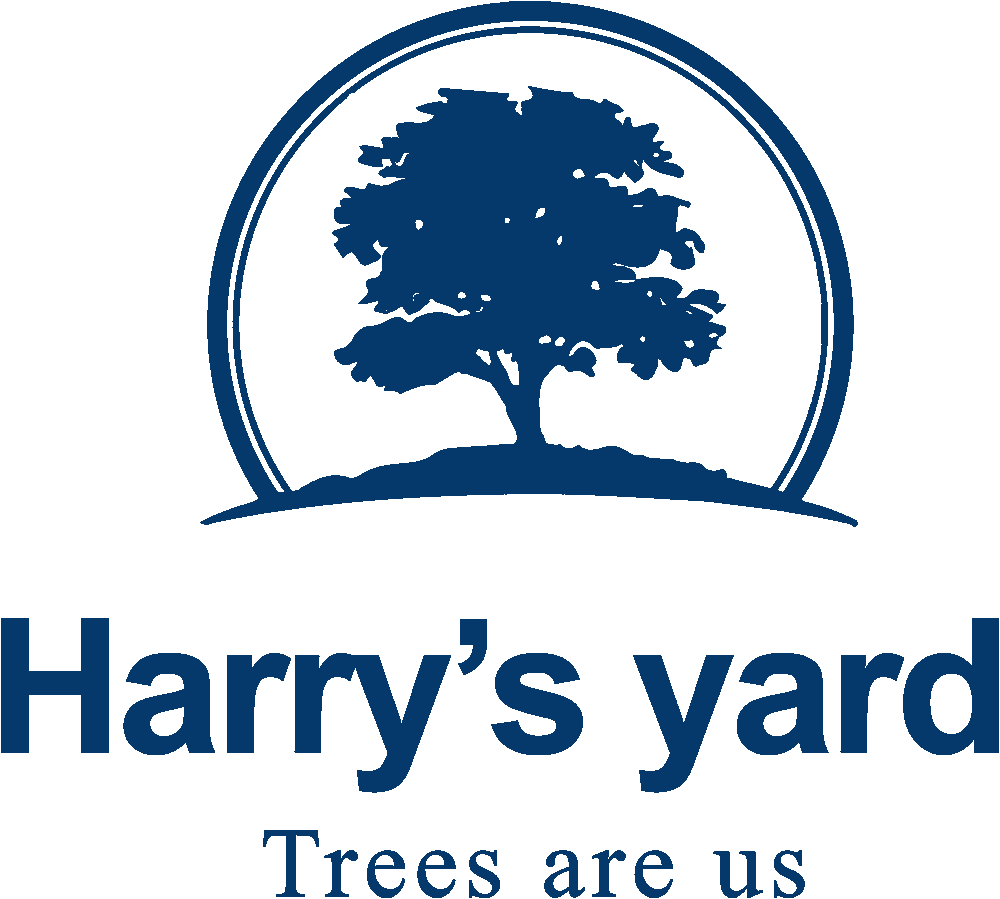With gardening season in full swing, it’s important to figure out the best way to dispose of garden waste. After all, you don’t want your hard work to end up clogging a drain or adding unsightly debris around your home! Fortunately, there are several simple and environmentally friendly ways to take care of your garden waste.
In this post, we’ll explore how you can dispose of waste while making sure that nothing gets in nature’s way. Read on for some helpful tips on disposing of garden waste responsibly!
Let’s Define “Garden Waste”

Mulch, tree limbs and other yard debris, grass clippings, discarded tree stumps and trunks, dead leaves, and undesired plants all fall under the category of garden organics.
Produced by the gardening process, garden trash is a byproduct. Typically, this includes things like twigs, barks, branches, bulbs, bushes, weeds, grass cuttings, and more that were already found in the soil before you began gardening. Compost can be made from most garden debris.
Simple wooden boxes can serve as compost bins, so long as you know how to use them. In lieu of this, you could simply purchase one to store outside and use it to dispose of most of your food and yard waste. This will decompose into garden-ready soil by next spring.
If you don’t have a garden or don’t want to create one (gardens require a lot of labour initially), your city’s waste management will assist you in getting rid of your yard waste.
What Can and Cannot Be Dumped in Your Home Recycle Bin
Almost anything utilised in the garden or the home can be counted as garden garbage. There are, however, a few major items that you could otherwise toss in your compostable bin that you absolutely should not!
Despite claims to the contrary, biodegradable plastics cannot be composted with other materials. Your best bet for appropriate disposal is tossing these items in with the plastic trash.
Even though clay can be recycled, it should not be thrown into a compost pile. Take your broken pottery to a local potter; they may be able to fix it or at least repurpose the clay.
Grass clippings that have been in contact with herbicides should not be added to a compost pile. Herbicides used on the grass will seep into the compost pile as it decomposes, poisoning the entire heap and rendering it unusable. Grass cuttings containing herbicides should be disposed of with regular trash.
Do not dispose of food scraps or animal waste in the compost or yard garbage. While it’s not a big deal if you lose the occasional banana peel or any other kind of produce peel. Other food scraps from the catering event, such as any leftover pastries, should be disposed of with your green waste in the city’s designated collection programme.
Remember that you can’t put anything like stones or plastic in your compost or green trash bag. If you’re not performing the composting yourself but still care about providing the city with a high-quality end result, avoid adding plastics and stones. Stones can be sent to a quarry or other distant location to be recycled, but plastics should be disposed of in the plastics bin.
Proper Garden Waste Disposal Procedures

Compost
The best approach to get rid of yard scraps without harming the environment is to compost them. Composting is a process wherein organic wastes such as yard trimmings and leftovers from the kitchen are broken down into useful soil components that may be utilised again to create new crops.
Organise Your Garbage In Separate Bins For The Yard
Both “green garbage” and “mixed general waste” are types of garden trash. Garden store plastic and paper bags, garden furniture, pavers, potted plants, dirt, and hand branches are just some of the items that can be found in a typical mixed general waste load.
Almost everything here is recyclable, yet the cost to remove green waste is typically at least half that of regular mixed trash.
As a result, it is recommended that you separate your trash into two clusters and let your junk removal service know about it, as many of them provide discounts for the amount of green waste they collect.
Mulch With Some Of The Yard Debris You’ve Collected
You can also use grass clippings as mulch. Wood chippings and similar woody debris can also be employed. Nonetheless, you can’t just dump the new stack of chips onto your grass or flowerbed. Soil nutrient balance might be disrupted when tree cuttings are applied unprocessed because of their high carbon content.
You can get the ideal carbon-to-nitrogen ratio by combining newly added wood pellets with a source of nitrogen like plants or bone meal and then letting the pile sit for a while. Although the fresh combination can be used, the most nutrient-rich mulch is made from pieces that have been allowed to degrade for up to eight months.
Logs Can Be Sold Or Given Away
It’s also worth noting that some people still heat using wood-burning fireplaces and stoves. Have the contractors split the logs into firewood if they are trimming or removing trees. Post a sign in your yard reading “Wood for Sale” or “Free Logs” to aid others and dispose of the logs in a lawful manner.
Using less water and less gas is another benefit of recycling garden organics. You may prevent yard waste from adding to landfill overflow by employing sound waste management procedures.
Hiring a Skip Bin
Hiring a skip bin is the most practical and effective method of getting rid of green garbage. Simply hire a skip container or arrange for a trash management firm to come and collect them.
There’s a lot more capacity for trash in a skip bin than in the standard green garbage cans provided by most municipalities.
The single most crucial thing is to avoid mixing your green garbage mixed with regular trash. It’s important to recycle correctly by using methods like composting and green waste skip containers, as indicated above.
FAQs About Garden Cleaning
How Do You Compost Garden Waste?
Cold composting is as simple as collecting yard waste or taking out the organic materials in your trash (such as fruit and vegetable peels, coffee grounds and filters, and eggshells) and then corralling them in a pile or bin. Over the course of a year or so, the material will decompose.
What Is The Easiest Way To Compost Yard Waste?
Layering helps compost reach the correct nitrogen balance. Use equal parts by volume of dry and green plant materials in the overall mix. Use caution when you add layers of fine green plant wastes such as grass clippings. Grass mats easily and prevents water from moving through the mass during the composting process.
What Can You Do With Compost Waste?
Once you have confirmed that your compost is mature, here are some ways you can put it to use:
- Use it as mulch.
- Add it to potting soil.
- Work it into crop beds.
- Distribute it on lawns.
- Mix it into garden beds.
- Feed it to potted plants.
- Add it to soil around fruit trees.
Can I Burn Garden Waste?
Dry garden waste is safe to burn. Do not use oil, petrol, or spirits to fuel the fire, as it could get out of control and can spread fumes.
What Is Green Disposal?
Green disposal: Repurposing existing equipment or appropriately disposing of, or recycling, unwanted electronic equipment. Green design: Designing energy-efficient computers, servers, printers, projectors and other digital devices.
Conclusion
Now that gardening season has here, it’s time to figure out where all that dead foliage and weeds go. Providing you have the right knowledge and equipment, you can turn almost any garden scrap into useful compost. Garbage management services in your city will help you get rid of yard waste even if you don’t have a garden. However, there are several things that you should never put in your compost bin. Composting yard waste is an eco-friendly option for waste disposal, but only if the waste is free of contaminants like stones and plastic, which should be disposed of in the regular trash.
By using the composting method, organic wastes like grass clippings and food scraps can be converted into beneficial soil additives. Contractors that trim or cut down trees may also be interested in purchasing or receiving logs. Mulch created from materials that have been in the ground for at least eight months is the most nutrient dense. In order to dispose of green waste efficiently and effectively, skip bin rental is the best option.
Content Summary
- Now that gardening season is here, it’s time to think about where to take all that dead foliage and weeds.
- You don’t want all your efforts to go to waste by plugging a drain or creating unattractive clutter in and around your home.
- Garden garbage can be disposed of in a number of easy and eco-friendly methods.
- In this piece, we’ll talk about ways to get rid of trash without damaging the environment.
- What follows are some suggestions for the proper disposal of garden trash.
- First, let’s agree on what we mean when we say “garden wastes.”
- Garden organics include mulch, tree limbs and other yard detritus, grass clippings, abandoned tree stumps and trunks, dead leaves, and unwanted plants.
- Garbage in the garden is an unavoidable result of gardening.
- This might be anything from twigs and bark to bulbs and plants to grass clippings and more that was already present in the soil before you started planting.
- Most yard waste can be recycled into compost.
- In the right hands, even plain old wooden boxes can do the job of compost bins.
- Instead, you could just buy one and keep it in your yard, where you can use it whenever you have food or yard waste to dispose of.
- By next spring, this will have decomposed into garden soil.
- The city’s waste management services can help you get rid of your yard garbage if you don’t have a garden or don’t want to start one (gardens demand a lot of initial labour).
- Garden trash consists of just about anything that has been used in a garden or house.
- Some large items that you might normally throw away in your compostable bin should be avoided at all costs.
- Biodegradable plastics cannot be composted with other materials despite claims to the contrary.
- Tossing them in with the plastic trash is your best choice for proper disposal.
- Throwing away leftover food or animal waste in the yard trash or compost bin is not acceptable.
- The occasional dropped banana peel or other produce peel is not a major problem.
- You should throw away any leftover pastries or other food items from the catering event with your green waste in the city’s approved collection scheme.
- Keep in mind that items like stones and plastic should not be thrown away in your compost or green garbage bag.
- Even if you are not doing the composting yourself, if you want to contribute to a high-quality end product for the city, you should not include plastics or stones.
- You can recycle stones by sending them to a quarry or some other faraway place, but plastics should go in the plastics trash.
- Composting is the most eco-friendly option for getting rid of yard waste.
- To recycle nutrients back into the soil for use in plant growth, composting breaks down organic wastes like yard trimmings and kitchen scraps.
- The terms “green garbage” and “mixed general waste” both refer to garden trash.
- Common materials discovered in a load of mixed general debris include plastic and paper bags from garden centres, patio sets, pavers, potted plants, potting soil, and even hand branches.
- The cost to remove green waste is often at least half that of conventional mixed trash, even though nearly everything here can be recycled.
- If you want to take advantage of the savings offered by many rubbish removal services for the amount of green waste they collect, you should sort your trash into two piles and let them know.
- Create mulch using some of the garbage from your yard.
- Grass trimmings make an excellent mulch alternative.
- Wood shavings, sawdust, and other wood scraps are also viable options.
- Still, you can’t scatter the fresh batch of chips carelessly around your lawn or garden.
- Due to their high carbon content, untreated tree cuttings may upset the soil nutrient balance if they are applied directly.
- Mulch created from pieces that have been left to decompose for up to eight months is the most nutrient-rich option, but the fresh combination can be utilised if desired.
- Wood-burning fireplaces and stoves are still used as a primary heating source by some.
- If contractors will be cutting or removing trees, have them split the logs into firewood.
- Help others and get rid of the logs legally by putting up a sign in your yard that reads “Wood for Sale” or “Free Logs.”
- One other advantage of recycling garden organics is reduced water and energy consumption.
- Implementing efficient waste management practices can keep yard garbage from adding to landfill overcrowding.
- In order to dispose of green waste efficiently and effectively, skip bin rental is the best option.
- Get a skip bin or employ a waste removal service to haul away your unwanted items.
- Skip bins, in contrast to the usual green garbage cans provided by most towns, provide significantly greater space for trash.
- To avoid having your recyclables and compostables get thrown in with the usual trash, remember that this is the most important rule to follow.
- Composting and green waste skip bins are two examples of effective recycling solutions.

